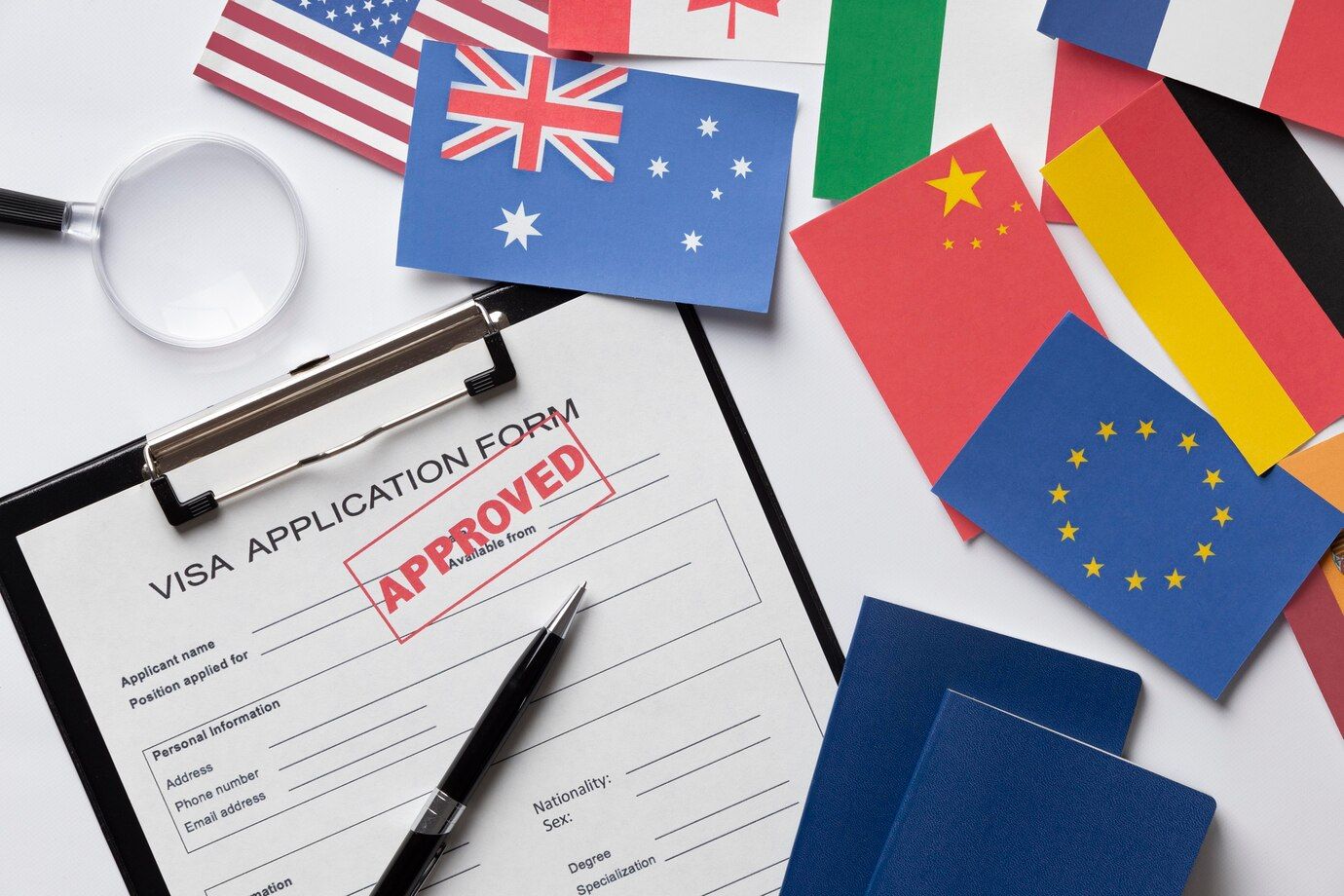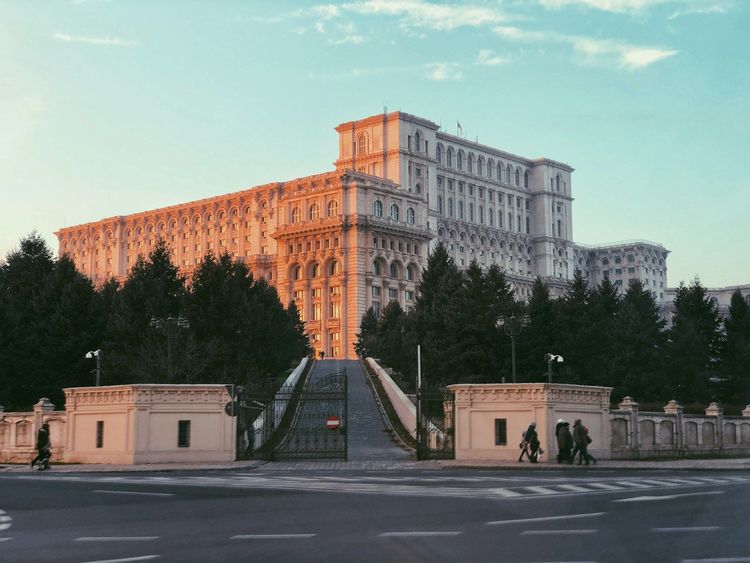The Schengen D visa, also known as a national visa, is intended for long-term stays in the Schengen Area. It is issued for those who plan to stay inside Schengen for more than 3 months within a six-month period, be it for study, work or other long-term purposes. Obtaining such a visa requires compliance with certain conditions and preparation of a number of documents. In this article we will take a closer look at what a D visa is, who can apply for it and how it can be obtained.
What is a Schengen visa?
A Schengen visa is a permit to enter the Schengen countries. It allows you to travel between the states of this zone without additional visas, which is convenient for tourists, business trips and short visits. The visa can be issued for different periods of time, but its main restriction is the number of days allowed per trip.

What is the difference between a D visa and a C visa
The C visa is intended for short-term travel, such as tourism or business visits. Regardless of the validity of the visa, you can stay in Schengen for a maximum of 3 months within a 180-day period. Violation of the time limit will result in a €10,000 fine and possible denial of future visa applications.
In contrast, the D visa is required for those who plan to stay in the country for more than 90 days, for example for study, work or family reunification. It also allows you to travel within the Schengen area, but such travel is subject to the standard restrictions of no more than 90 days in each six-month period.
General rules
There are a few key rules to follow when applying for and using a Schengen visa.
You should obtain your visa from the consulate of the country where you plan to spend most of your time. It is best to obtain your visa from the consulate of the country where you plan to spend the most time. If you plan to spend the same amount of time in several countries, it is better to choose the consulate of the first country you visit.
What is the peculiarity of Schengen visa D
The visa is pasted into your passport and looks like a regular tourist visa. However, a special section will indicate that your visa is a type D visa, plus the reason for its issuance (study, work, etc.). As for the processing time, it is different for each particular country, and you can find out about them on the website of the consulate itself.
The cost of registration can be from 50 to 300 euros, depending on the country.
When obtaining a D visa, the consulate can cancel your existing and active tourist visa regardless of its validity, but only if both visas are issued by the same country.
As for work, in most cases with a D visa, you can only work with a special permit or a certain type of visa. It is better to check the requirements of the consulate for exact information. For example, in Spain there are visas for individual entrepreneurs and employees, and in France there are separate visas for representatives of teaching professions, models, medical professionals, each of which requires a specific package of documents.
List of documents for processing
On the consulate's website you can find detailed instructions on how to apply for a D visa depending on the grounds. The final list of documents may vary depending on the purpose of your trip.
If you are applying for family reunification, it is necessary to prove your relationship. This will require an official copy of a document proving your relationship - birth or marriage certificate. Check with the consulate whether you need an apostille or a notarized copy will be sufficient. Do not forget to translate the documents into the language of the country you plan to travel to.

Students will need to prove their enrollment in an educational institution. Typically, copies of previous diplomas or certificates with translation are required, as well as admission documents. Some countries, such as Germany, may require additional documents such as proof of language proficiency and a letter of motivation.
Regardless of the basis, you will need the following documents:
- Visa application form. This can be found on the consulate's website in the application section.
- A passport that is valid for at least three months after the expected visa expiration date. You may also need a scan of your old passport, if it had visas.
- A 35×45 mm photo.
- Health insurance. A travel policy will not be suitable as it does not cover long-term stays. Make sure the insurance meets the country's requirements, for example, the German consulate requires insurance in EU countries.
- A bank statement or letter of guarantee from a travel sponsor. Check the minimum amount of funds required for the visa on the consulate's website. For example, students in Germany will need proof of a scholarship or funds for the first year of study.
- A certificate of no criminal record, if this requirement is in the country's rules.
The list of documents may vary slightly from country to country, so be sure to check the official information on the consulate's website before applying.
Advantages of a D visa or what it entitles you to do
The D visa allows you to stay in the country for a longer period of time, usually more than three months. Depending on the purpose of your stay, there are several types of D visas:
For work: intended for foreign workers who have received an invitation to work temporarily in the country.For study: granted to students enrolled in educational institutions of the country.For family visits: allows you to visit relatives living in the country.For medical treatment: allows you to undergo long-term treatment abroad.For financially independent persons: issued upon proof of a stable level of income.
Where it is valid
| Country |
Country |
| Austria |
Latvia |
| Belgium |
Lithuania |
| Bulgaria |
Liechtenstein |
| Hungary |
Luxembourg |
| Germany |
Malta |
| Greece |
Netherlands |
| Denmark |
Norway |
| Iceland |
Poland |
| Spain |
Portugal |
| Italy |
Romania |
| Slovakia |
Slovenia |
| Finland |
France |
| Croatia |
Czech Republic |
| Switzerland |
Sweden |
| Estonia |
|





